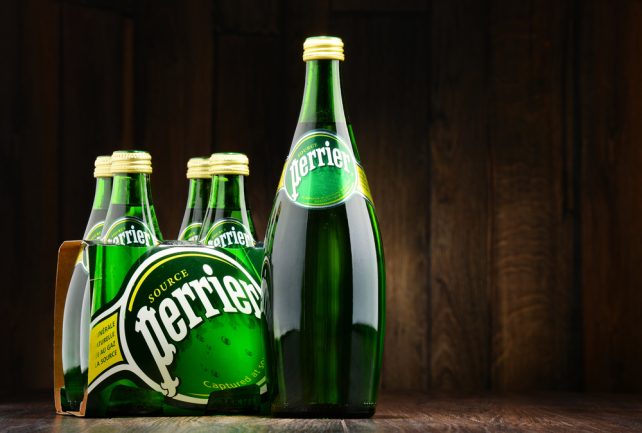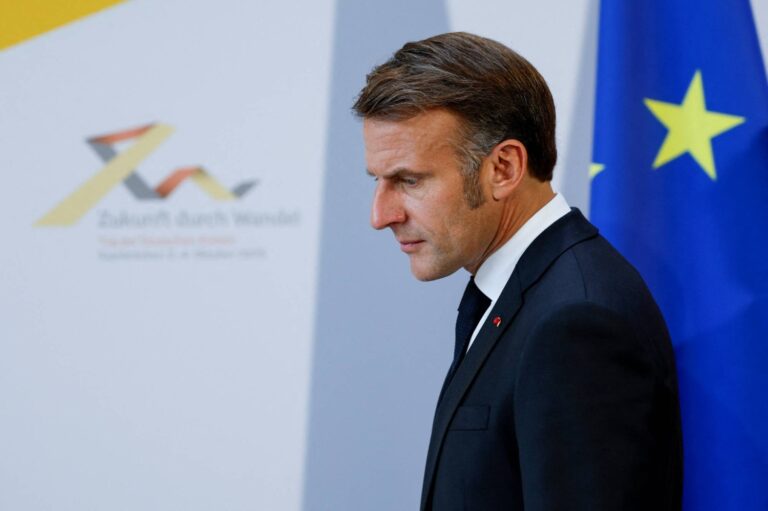
The Perrier natural mineral water scandal has surfaced as a major crisis involving industry misconduct and government complicity. French media revealed that leading brands like Perrier, Evian, and Vichy used prohibited treatments, including ultraviolet light, carbon filters, and microfiltration, on water sold as “natural mineral water.” These methods, while effective in removing contaminants, violated strict EU rules that forbid any alteration from source to bottle.
The scandal gained momentum when investigative reports showed that up to one-third of bottled water sold under the “natural mineral” label had undergone these treatments. The public image of these brands—based on purity and untouched spring origins—now hangs in doubt as consumer confidence erodes.
Lawmakers decried the scandal with a term likening it to “Water-gate,” calling it a mix of fraud and state collusion. A Senate investigation cited government officials and ministers acting on behalf of the mineral water industry to suppress contamination reports and ease regulations. Government spokespeople admitted to “errors in judgment,” but insisted that public health was never at risk.
Nestlé, which owns Perrier, acknowledged the use of these illicit treatments and revealed that experts had advised not renewing Perrier’s “natural mineral water” status due to contamination risks at its Gard site. This marked a potential end to a 160-year-old label, threatening the brand’s heritage.
The scandal also highlights how environmental pressures, especially climate change, are undermining water safety. Hydrologists noted that Perrier’s water comes from deep aquifers in a dry, densely populated region prone to droughts and pollution. Heavy use and droughts since 2017 have weakened natural filtering, allowing agricultural runoff and flooding to contaminate wells once considered pristine.
As doubts over water purity grew, regulators stepped in, and Nestlé began replacing disallowed treatments with government-approved microfiltration methods. However, this move raised questions about whether such changes were made in response to safety concerns or political pressure.
Public trust has plummeted, and many consumers feel betrayed by both industry practices and government oversight. The scandal underscores the danger of letting commercial interests shape regulation and ripped apart what was once a deeply trusted industry.
The Perrier natural mineral water scandal now challenges the core promise of purity and authenticity. With tighter scrutiny and evolving environmental challenges, the future of both the brand and the “natural mineral water” label hangs in the balance.

